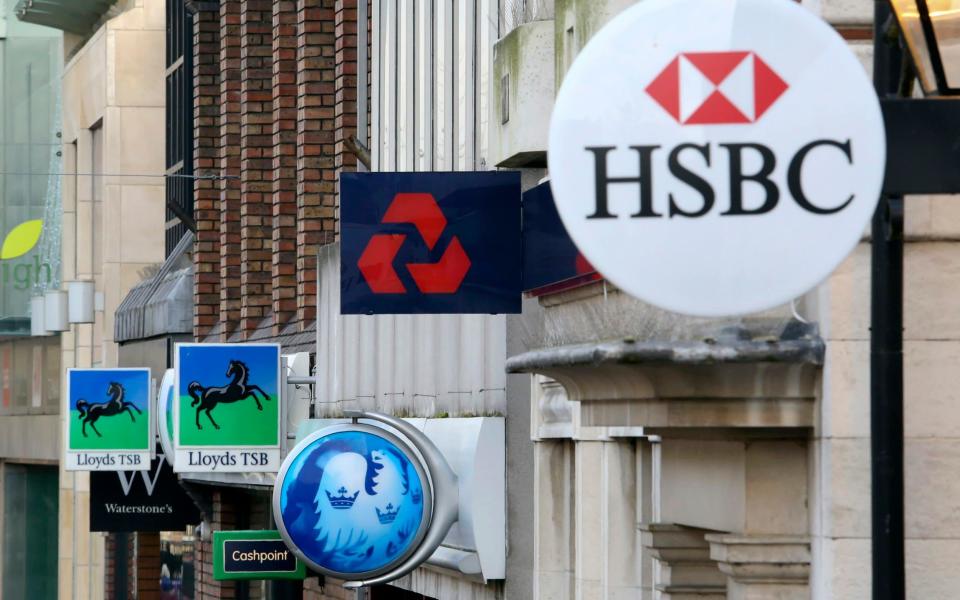'Open Banking' revolution will leave account holders at mercy of 'hackers and thieves', banks warn

Banking customers will be left at the mercy of "hackers and thieves" under a data sharing revolution coming in today, Britain's biggest banks have warned.
For the first time new "Open Banking" rules will force financial institutions to share detailed customer data with each other at account holders' request.
The scheme was designed by competition watchdogs to help customers compare bank accounts and manage their money better by seeing all their money on one screen.
But bank bosses and MPs have voiced concerns that the change could spark a new digital crime wave with more criminals stealing people's identity - and money - than ever before.
The higher risk of data theft is expected come from phoney companies pretending their are authorized to obtain data, as well as regulated firms which may be susceptible to being hacked.
Royal Bank of Scotland Chairman Howard Davies said: “We are not confident that our customers’ data will be protected from hackers and thieves [when it is shared with third parties].” “We cannot refuse to hand over data because that’s what the legislation says, but we will have to try to educate people to understand the vulnerability.”
Speaking to the Daily Telegraph David Crawford, head of current accounts at NatWest which has over 7 million customers, also warned the changes could lead to a spike in criminal activity.
He said: “We think criminals will try to take advantage of the noise and publicity” around Open Banking to “increase their activity”.
Phoney websites will “look like the real thing, and may even have a web address that is very similar to a well-known site such as the one operated by your bank”, he said.
“With all the new companies expected to launch propositions, customers might not be aware of which are genuine and which are run by criminals, and so be at risk of giving away details or even money,” he added.
In a briefing note seen by this newspaper the bank warned that customers may be bewildered by a flood of new businesses and have their accounts compromised by fraudsters.
Open Banking was designed by competition watchdogs to put an end to people sticking with the same bank account by making it easier for them to move to a better deal.
Under the change bank account holders will be asked if they want their financial data to be shared with other banks and companies regulated by the Financial Conduct Authority.
This includes their salary and detailed spending and saving patterns, which once shared can be used by companies to create personalized deals for people, fundamentally changing the way they select products.
To appear on an official register of companies authorized to take part in Open Banking firms must be regulated by the Financial Conduct Authority and meet strict security standards.
FCA regulated credit checking firm Equifax, which suffered from a major data hack last year, is planning to offer Open Banking services to UK consumers, sparking concerns from Nicky Morgan, Conservative MP and Chairman of the Treasury Select Committee.
She described the hack as "particularly concerning" given Equifax's position as an identity protection services firm and in light of its plans to take advantage of the commercial opportunities afforded by Open Banking.
An Equifax spokesman said the firm has world-class data protection and security standards and takes privacy "very seriously".
John Mann, a Labour MP and member of the Treasury select committee, added that there was a danger of information being sold to people who intended to use it inappropriately.
"Any resale of data can have have implications. It is critical that the authorities are on top of this," he said.

 Yahoo Finance
Yahoo Finance 